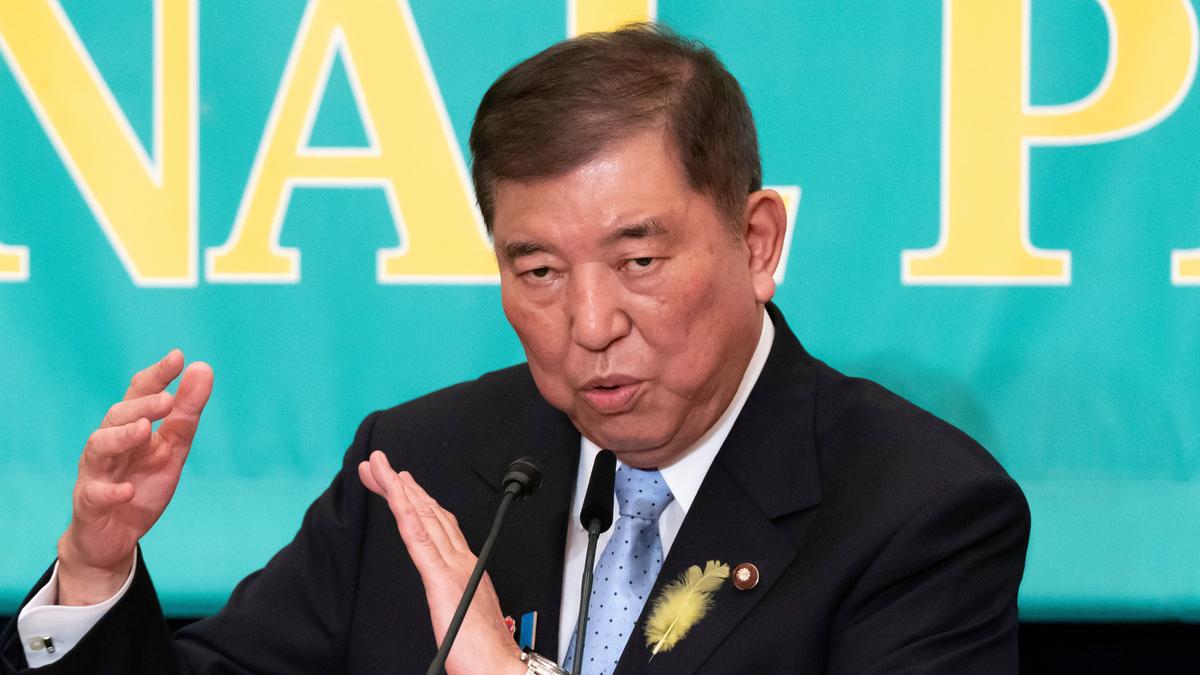Japanese Prime Minister Shigeru Ishiba is heading into a challenging upper house election, with public frustration mounting over surging prices and the economic impact of new U.S. tariffs. As voters prepare to cast their ballots, analysts say the outcome could signal growing dissatisfaction with the current leadership.
Although a weak performance by Ishiba’s party in the July vote is unlikely to immediately unseat the government, it could severely undermine the Prime Minister’s authority and raise questions about Japan’s political direction.
The recent wave of inflation — driven by global supply chain disruptions, energy price hikes, and a strong dollar — has strained household budgets. Meanwhile, new tariffs imposed by the U.S. have added pressure on Japanese exporters, sparking concern across industries.
Political observers suggest that if the ruling coalition suffers major setbacks, Ishiba could face internal party challenges or calls for a leadership reshuffle. For now, all eyes are on the ballot box as Japan’s future hangs in the balance.




0 Comments